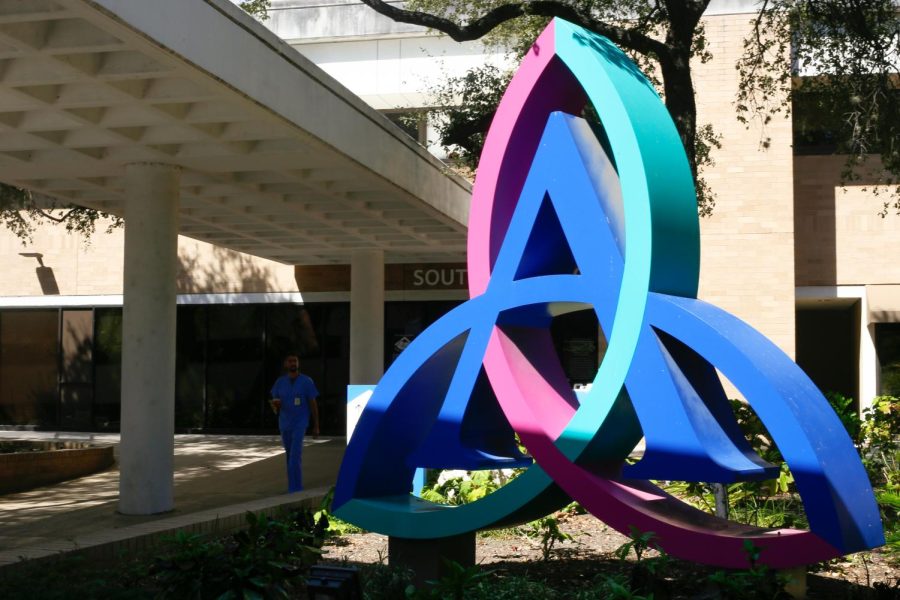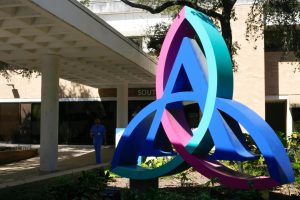UT nursing students reflect on industry amid upcoming nurse strike at Ascension Seton Medical Center
June 12, 2023
Editor’s note: A previous version of this article stated the date of the strike was not set. The article has been updated with the date of the strike.
Ninety-eight percent of nurses at Ascension Seton Medical Center Austin voted on May 31 and June 1 to go on strike.
The 900 registered nurses at Ascension Seton are represented by the union, The National Nurse Organizing Committee/National Nurses United. The union announced the authorization of a one-day strike in a press release on June 1. The strike is set to take place on June 27. It will be the largest nurses’ strike in Texas history, according to the press release.
According to the press release, “ASMCA management’s unacceptable and delayed responses to nurses’ contract proposals” to improve nurse recruitment, retention and staffing levels fueled the potential strike. National Nurses United also claimed ASMCA’s ownership by Ascension — which is one of the largest nonprofit health systems in the nation — means they have the financial resources to address the short-staffing issue.
“We just need more health care workers, especially nurses, but we’re not getting paid enough,” nursing junior Kate Crawford said. “We’re not being incentivized enough and we’re actually having nurses quit their careers and go do other things.”
Crawford said she was not surprised by the announcement of a possible strike, as she feels there has always been a shortage of medical workers, especially in large cities. She said she wished more people would consider going into nursing to combat this trend. While Crawford said she hopes to see more people becoming nurses, she said she also understands not everyone can or should be a nurse.
“You need somebody who’s definitely willing to take on the workload,” Crawford said. “You’re not just giving people medications all the time. You’re going to be bathing them or walking them. It can be very mundane sometimes, but it takes somebody with a big heart who’s compassionate, knowledgeable and just passionate about nursing overall.”
More universities, including Baylor, have started offering accelerated nursing programs. The accelerated Bachelor of Science in Nursing program at Baylor states they prepare people for a nursing career in one year with no prior nursing education or experience required. Given the shorter training time, nursing sophomore Barabara Cardoza said this is not the right way to handle the shortage.
“There are so many super accelerated nurse programs, I feel like (it’s) unsafe that it’s an accelerated program,” Cardoza said. “It just throws you out in the wind. I think that’s dangerous, and I don’t really agree with that, but that’s how bad the issue is.”
As for patient care continuing during the potential one day strike, nurses from the union explained that the strike is to improve patient care in the long run and is not an act of negligence.
“I know that there is a concern of ‘Will patients still be provided with care?’” nursing sophomore Trinity Schroeder said. “But I think long term the goal is to raise awareness that nurses should be treated better and if they are then long term patient care will improve from the strike.”













